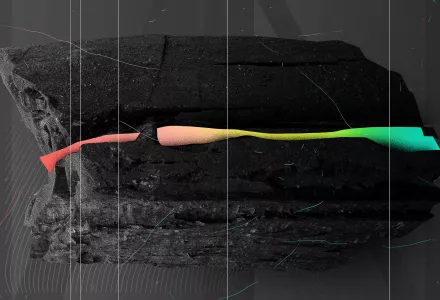
The Role of Tough Tech in Ensuring Shared, Sustainable Prosperity
As the world confronts systematic, interrelated challenges from a raging pandemic to devastating climate catastrophes to a growing chasm of inequality, the United States has the opportunity to make deep commitments to new technological foundations that will usher in the next industrial revolution and greater shared prosperity. Or, we can continue along a business-as-usual path, ceding global leadership and the associated economic value creation elsewhere.
In this paper, we introduce the concept of Tough Tech, transformative technological opportunities that, at the dawn of a new industrial age, can provide the foundation for a more inclusive and equitable economy as well as address some of our most urgent global problems.We consider the critical role of government in nurturing the development and scaling of these technologies. And, finally, we provide a framework for optimal government interventions around workforce, regulation, funding, and coordination to ensure the translation of these technologies into globally competitive, foundational companies that will revitalize our manufacturing and industrial sectors, providing shared economic growth and expanded middle-class jobs.
In the 19th and 20th centuries, the most fundamental advances in the human condition were a result of giant leaps in our innovative capabilities. Steel, electricity, semiconductors, the Internet, genetic engineering—all have all taken heroic amounts of collaborative effort and resources to become a reality. Each one of these technologies in its own way has transformed society, representing quantum leaps forward in prosperity. Steel has built our cities to new heights, electricity has powered our world, computers and the Internet have united the globe, and our understanding of DNA has ushered in an era of personalized medicine that promises unprecedented longevity. Importantly, while other historically middle-class sectors have offshored or shuttered, companies founded on these technologies have expanded middle-class job growth and increased quality of life for millions of Americans. However, unlike previous eras, today the U.S. Government no longer dominantly controls the funding or direction of innovation, with government budgets having shrunk dramatically both as a proportion of GDP and, importantly, relative to private capital.
Today, a new generation of Tough Tech is on the horizon. It includes quantum computing, new energy production and distribution solutions, space exploration and communications, advanced manufacturing and materials, genetic engineering, artificial intelligence, next-generation semiconductors, and more.
Download the full PDF:
Hoffman, Orin, Laura Manley, Michael Kearney, Tess Cushing and Raina Gandhi. “Building a 21st-century American Economy.” November 2020









